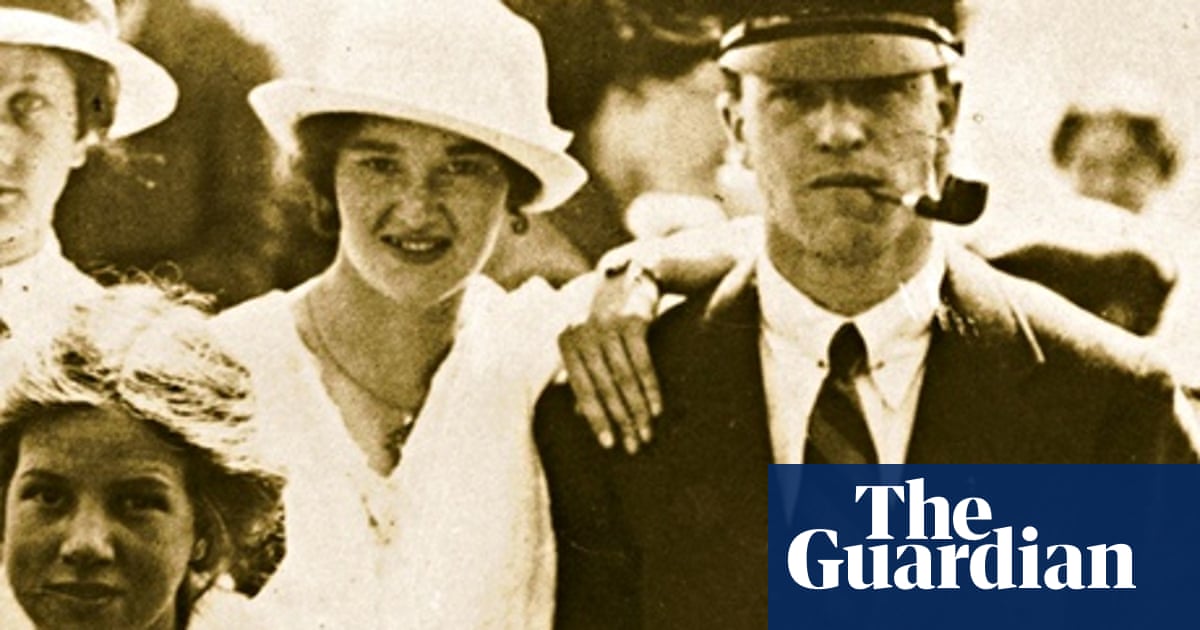Welcome to the Mumsnet 'Rather Dated' book club. This month we are reading and discussing E.M. Delafield’s ‘The Messalina of the Suburbs’. Please do add your thoughts when you are ready.
About the threads:
We are reading and discussing fiction from the 1930s to the 1990s that would have been described as 'contemporary' in its day. We are reading one book a month. Spoilers are permitted!
We started the chat thanks to a thread where we kicked off with a discussion of Penelope Lively, The Road to Lichfield.
Currently we have these separate threads:
November: Anita Brookner, A Start in Life
December: Margaret Drabble: A Summer Bird-Cage
January: Elizabeth Jane Howard, The Beautiful Visit.
March: Winifred Watson, Miss Pettigrew Lives for a Day.
April: R.C. Sheriff, The Fortnight in September.
May: Elizabeth Taylor, Mrs Palfrey at the Claremont.
June: Margaret Kennedy, The Feast.
July: Mollie Panter-Downes, One Fine Day.
August: Elizabeth Von Arnim, The Enchanted April.
September: Barbara Pym, An Academic Question.
October: Dorothy Whipple, High Wages.
November: Elizabeth Bowen, The Last September.
December: Monica Dickens, The Fancy.
Link to the main thread:
📚The Mumsnet 'Rather Dated' Book Group - All welcome to join📚 www.mumsnet.com/Talk/whatweree_reading/4624300-the-mumsnet-rather-dated-book-group-all-welcome-to-join
Please or to access all these features
Please
or
to access all these features
Find your new favourite book or recommend one on our Book forum.
What we're reading
📚 'Rather Dated' January: E.M. Delafield's 'The Messalina of the Suburbs' 📚
29 replies
MotherofPearl · 01/02/2024 10:57
OP posts:
BookEngine ·
01/02/2024 21:50
Terpsichore ·
01/02/2024 23:20
Newsletters you might like
Please create an account
To comment on this thread you need to create a Mumsnet account.

